Lance Armstrong exclusive interview: Part 4
Landis, yellow jerseys and if he's really sorry for what he did
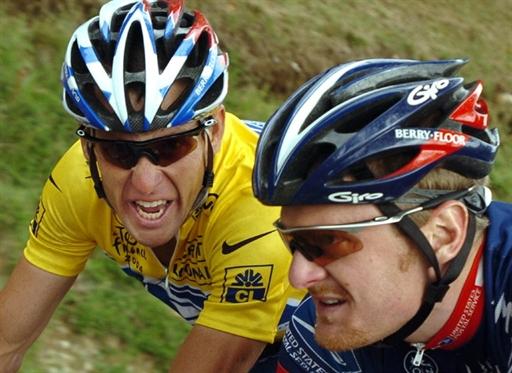
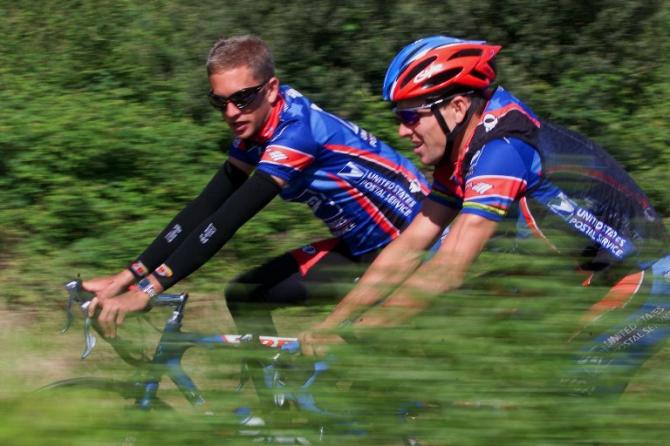
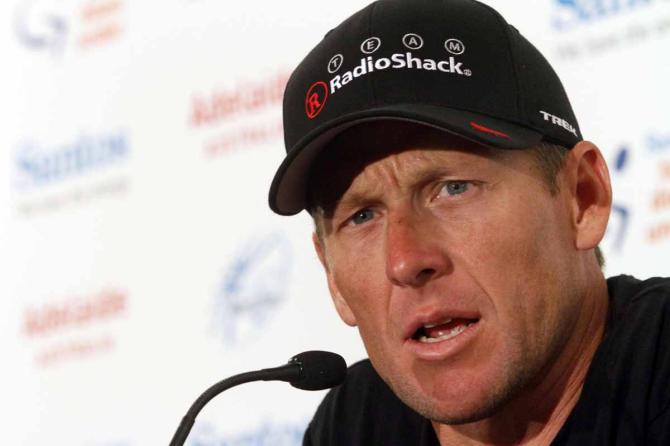
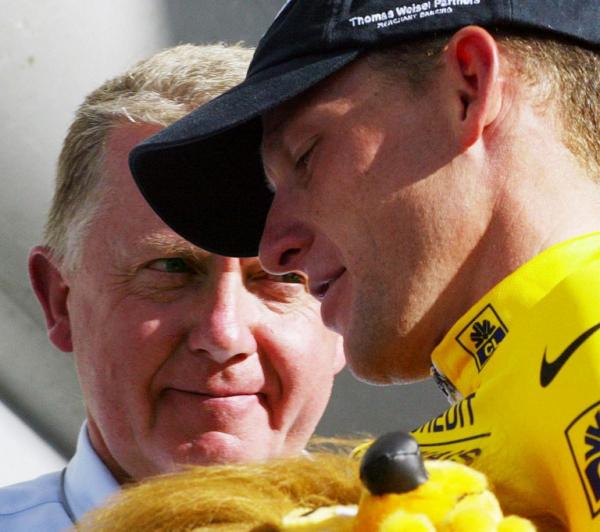
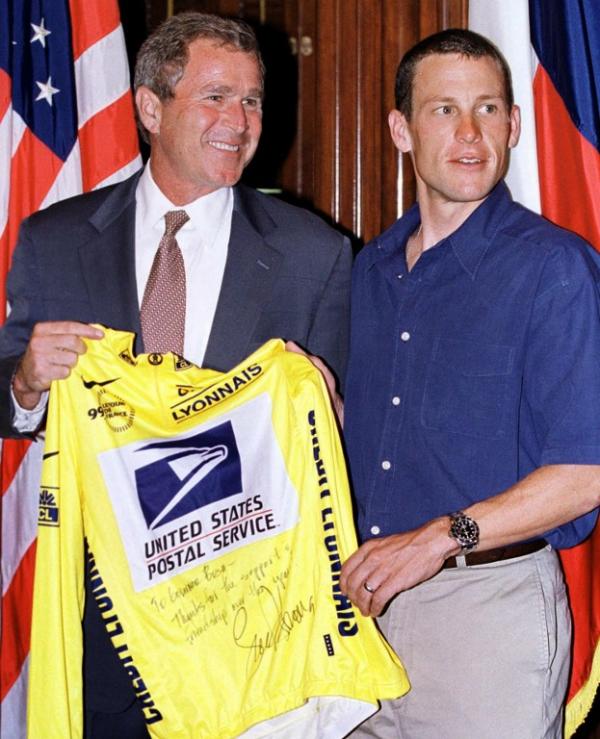
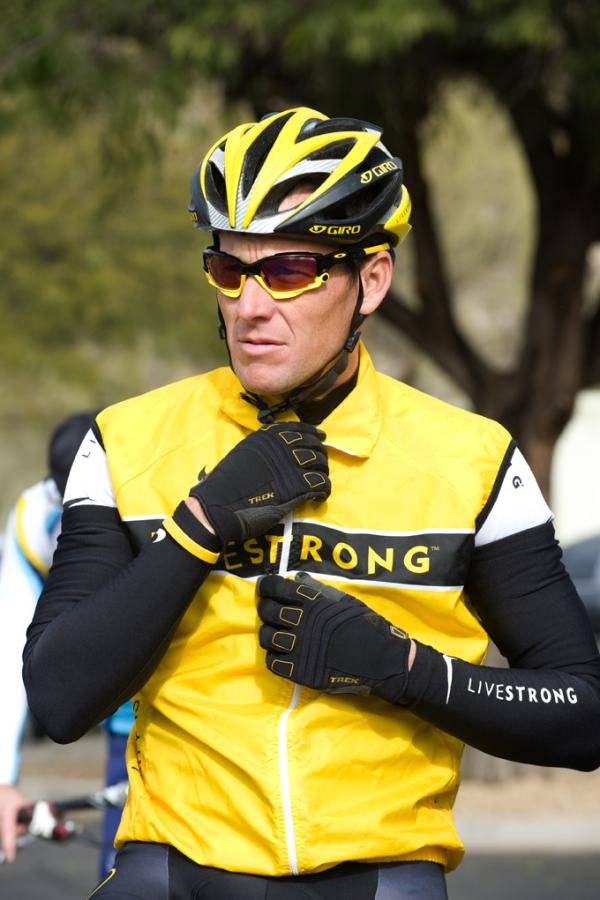
In this fourth and final part of our interview with Lance Armstrong, we delve into the break down in the relationship between the disgraced former rider and the Livestrong Foundation he created. No longer wearing one of his iconic yellow Livestrong wrist-bands, Armstrong admits that hope of a charity comeback outweighs his desires to ever compete again.
Hubris, a factor Armstrong has already discussed, is revisited in his encounter with Paul Kimmage, and we also ask him what his seven yellow jerseys mean to him. They are currently in storage but he confirmed they will soon be back on his wall.
The final section of the interview Cyclingnews Editor Daniel Benson asks Armstrong about his relationship with the UCI, Hein Verbruggen, Tyler Hamilton and Floyd Landis. And we return to the question of whether he is sorry he was caught or sorry for what he did.
You can read part one of the interview here. Part two is here and part three is here.
DB: Lets talk about the cancer work. Can you see yourself coming back to that?
LA: There may not be a way back. There may not be. I’m not actively involved. I still get requests for my time but this has had a devastating effect on the Foundation and the community. But I don’t know what the future holds there. My story hasn’t changed. I started the Foundation in 1997 before I’d even won the Tour. It wasn’t a vehicle where I thought I’ve won a couple of Tours I’d better start doing something good for people. This was done the day of diagnosis and we had modest ambitions to try and help people. Then came the Tours and it all took off. Nothing for me has changed in terms of my health history or wanting to help people. It’s a toxic story and I don’t know what place I have there. Hopefully time will soften some of this so I can get back to doing the things I care about. And I’m not talking about competing, I’m talking about trying to raise money and help people. That’s not up to me to decide. I hope I get that chance.
Get The Leadout Newsletter
The latest race content, interviews, features, reviews and expert buying guides, direct to your inbox!
LA: There were a lot. The separation from the Foundation was tough but the most important thing in my life are my children. Thank God they’ve weathered this thing and their friends and schools have been great. On day one I didn’t know what the hallway at school would feel like for them but sitting here today and thank God, it’s been good, or as good as you can imagine. Knowing that my children are okay, it’s been the separation from the Foundation that’s been the hardest to accept.
DB: Did you try and argue a case for it not to happen?
LA: I don’t want to get into the details on that but it was hard to accept. I’m just hopeful that I can regain trust and get back to some work.
LA: I’ve not worn it in a while but not in a statement…. I just haven’t.
LA: They’re in storage due the current house move. I should have known you’d ask that. If your question is, are they going back up on the wall, the answer is yes.
LA: That’s a hard one to answer. There’s too much static, too much noise. I don’t know. That picture might have been a mistake.
LA: What earned us those jersey was hard work, the team, the tactics, the leadership, the technology the training, are also the things people poke fun of. They say ‘this asshole told us it was the training, it wasn’t the training it was the doping.’ All of those things combined. We did all of those things. So when I see those jerseys… All of the stories that were told were true, about the hard work, the team. I think about the good memories, about the luck, the fucking luck or lack of bad luck we had. The constant obsession with winning one bike race, regardless of what anyone says it all happened. It did. Johan and I sitting and obsessing over one bike race and how could we do it better. So when I see them, I think about that. And I’m not ashamed of them. I’m upset that we were all put in that position and that we made those mistakes.
DB: What would the Lance Armstrong of 1993 say to you now and vice versa?
LA: If that were my son. If that were Luke….you asked me if anyone ever told me to settle down or to stop…. I’d be that guy. If that quote you mentioned came from Luke I’d immediately say don’t you ever say that again. Don’t act that way, don’t use that, don’t hide behind that, because you will get fucked. It’s easier for me to relate it to my son.
LA: I don’t know man. The Lance of now or of twelve months ago because they’re very different? I don’t know. I think I was a good bike racer who had some personal flaws and who made some big mistakes, who came across a situation…. I walked into this. There were steps along the way that got me where I am today. My actions, my reactions, my interactions and finally my comeback. No comeback, no problem.
LA: I don’t know.
LA: I don’t have a lot of good things to say. I tried to support him, I did support him up until the day that he came out. Maybe there was something weighing on his conscious on the omertà but it’s awfully ironic that it coincided with the timing of a $100 million law suit.
LA: No. No. I don’t hate Floyd. I feel sorry for him but I don’t hate him.
LA: I’m not going to elaborate but I just feel sorry for him.
LA: I certainly didn’t have riders called in. I did know that when he got called in, but it was his own reckless behaviour that got him called in. But I wasn’t the only one, a lot of people knew he was called in and that the UCI told him to back off. There was a time when there was talk of guys using synthetic haemoglobin. That wasn’t out yet and I thought it was risky. So where there times when they asked what was going on in the peloton and they asked me I had heard of AICAR three or four years ago when McQuaid asked me. I said I didn’t know but that there’d been talk of AICAR. So to give them a heads up. I deny that I had Tyler Hamilton called into the UCI.
LA: Okay say that person was [Fernando] Escartin. I think Verbruggen does the same thing. It had nothing to do with Lance Armstrong. It was a year after Festina.
DB: Does it harm your claim of being clean in 09 by the fact that the UCI passport panel didn’t see your blood values from May 09 until your retirement?
LA: I can’t control who sees what. I don’t distribute the results or the data but I think [Danish anti-doping expert Rasmus] Damsgaard is unimpeachable. He’s the leading anti-doping expert in Europe and he saw them and he said in full confidence that nothing in the samples showed manipulation. Unless we all think Daamsgard is a homer or got paid off, he’s the gold standard.
LA: Maybe for Verbruggen but you’d have to ask him.
Want to receive the daily Cyclingnews newsletter, sign up here.
Daniel Benson was the Editor in Chief at Cyclingnews.com between 2008 and 2022. Based in the UK, he joined the Cyclingnews team in 2008 as the site's first UK-based Managing Editor. In that time, he reported on over a dozen editions of the Tour de France, several World Championships, the Tour Down Under, Spring Classics, and the London 2012 Olympic Games. With the help of the excellent editorial team, he ran the coverage on Cyclingnews and has interviewed leading figures in the sport including UCI Presidents and Tour de France winners.
